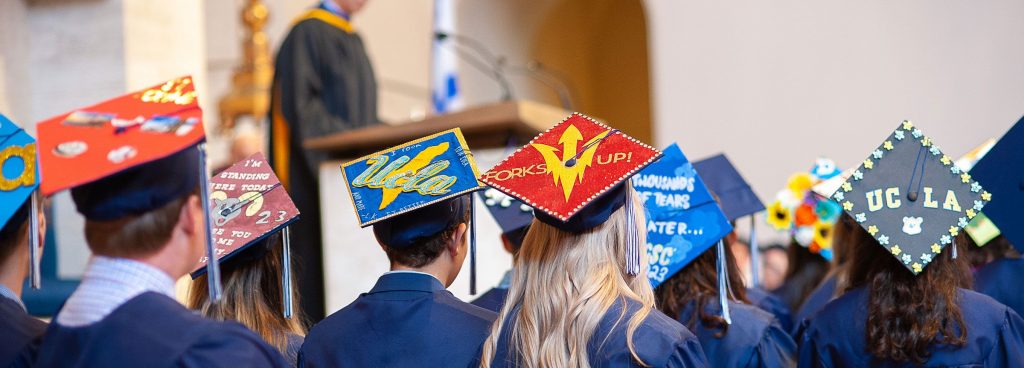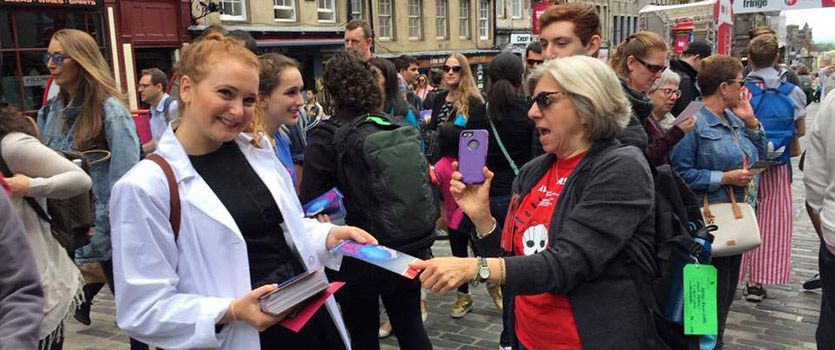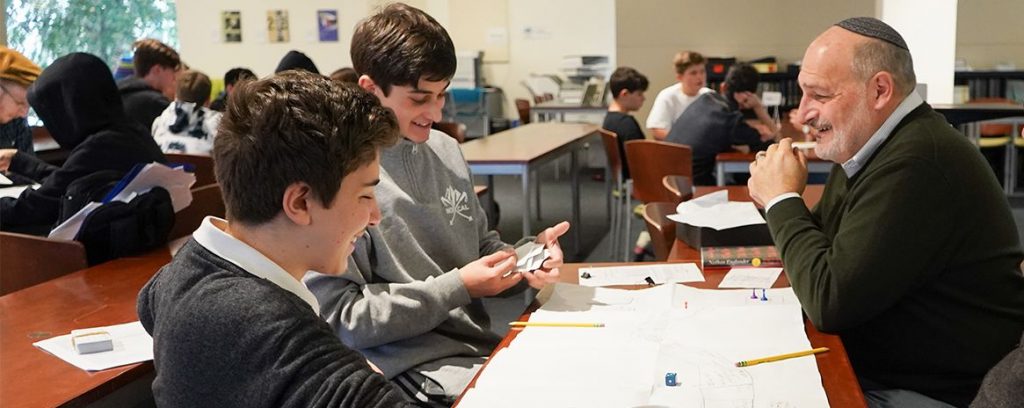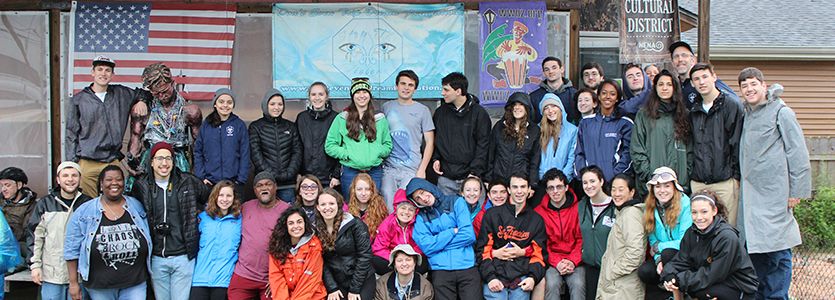On Parents and their Young Ones
Merav Rozenblum, Hebrew Teacher
Our previous department head would give every new faculty member a gift at the beginning of the school year: a picture frame. She would ask them to insert in it a picture of a child who is close and dear to them and place it on their desk. She would then challenge us to think of every student in our classroom as that child in the picture – our beloved son, daughter, niece, nephew, or friend.
This week’s Parasha, Ki Tezte, is the weekly portion with the largest number of precepts in the whole Torah. Many of them refer to relationships within the family and the community, but they are not restricted only to humans. In chapter 22, there is a scenario that might have been quite common at the time: what should you do if you stumble upon a bird’s nest – on a tree or on the ground – in which the mother bird is sitting over her fledglings, or even just her eggs? As with many of the precepts in these chapters of Deuteronomy, the Torah seems to recognize that our human instinct in these situations is to take, so it restrains us: “do not take the mother together with her young. Let the mother go, and take only the young” (22, 6-7). That is, do not torture the mother by having her see you take away her young ones. This compassionate consideration of the mother when a person is about to perform a terrible act can be understood as an echo to a famous previous verse that we read a couple of weeks ago: “you shall not boil a kid in its mother’s milk” (Deuteronomy 14, 21).
Interestingly, the reward for keeping this “sending away the bird” mitzvah is long life, identical to the fifth commandment: “Honor your father and your mother that you may long endure on the land that your God is assigning to you.” (Exodus 20, 11).
But this is not the only way in which this commandment is alluded to in this week’s Parasha. In an inverted mirror image of Honor your father and your mother, Ki Tetze details the grim fate of those children who do not comply with this commandment: what to do “if a householder has a wayward and defiant son, who does not heed his father or mother and does not obey them even after they discipline him” (Deuteronomy 21, 18). The parents are then to publicly denounce their child’s behavior and the child’s life is cut short by stoning. The cruelty of the punishment is a stark contrast to the compassionate treatment of the found fledglings or eggs.
There is one more mention of parents, or rather the parentless, in this week’s Parasha. In verses that demonstrate the Torah’s solidarity with the most vulnerable members of society using the wealth of Hebrew agricultural terminology, verses that read – to me, at least – like poetry, the Israelites are called to leave any forgotten sheaves, olives and grapes in the field “for the stranger, the fatherless and the widow” (Deuteronomy 24, 19-21). The Torah, again, calls on us to care for the young members of our community, whether they are people or animals, and to treat them as we would treat our own children.
A few weeks ago, as I was tidying up my desk in preparation for the new school year, I put my son’s framed picture in my drawer – not just out of respect for his privacy, as he now wanders the halls of JCHS as a junior, but because I finally feel that I no longer need the reminder. I honestly feel that, after so many years of teaching, I have internalized the challenge that my department head presented me with: love and care for your students as if they are your own.










